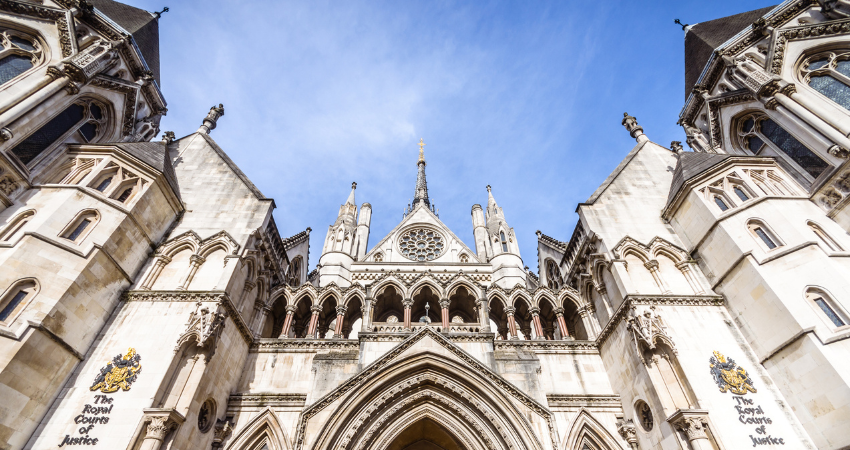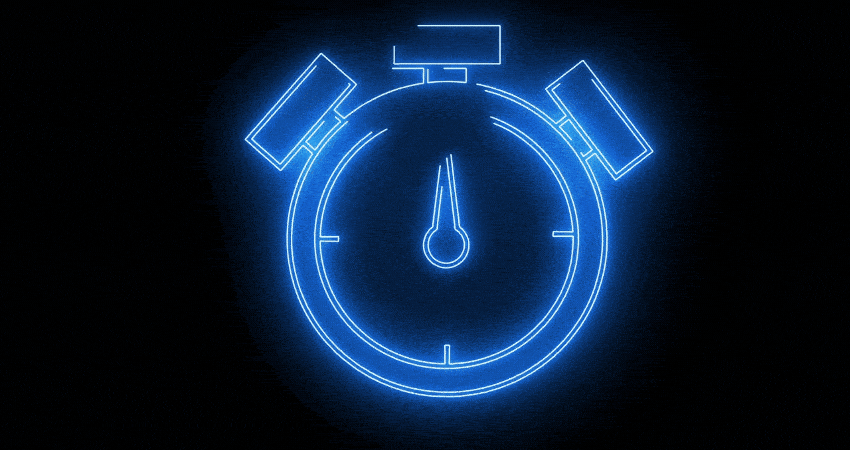The Offshore Litigation Blog and our contributors
The Harneys Offshore Litigation Blog is a unique online hub for news and insights about offshore litigation in jurisdictions including the British Virgin Islands, the Cayman Islands, and Bermuda. We are the authoritative resource for recent cases, jurisdictional news, court lists, interviews with the judiciary and even some tips on island life.
${totalItems} results
${customFilterHeading} Showing ${showingItems} of ${totalItems} results ${searchTerm}
${facet.Name} (${facet.TotalResults})

Indemnity costs follow abusive application to defer company’s dissolution: In re Skye Assets Fund SPC (in voluntary liquidation)
The Cayman Islands Grand Court has awarded indemnity costs in respect of an abusive application for the deferral of a company’s dissolution upon the completion of its voluntary liquidation: In re Skye Assets Fund SPC (in Voluntary Liquidation).
20 Mar 2025

Public law defences in public interest liquidations
The High Court in England has held that a defendant company may rely on public law defences in opposition to a petition seeking the winding up of the company on public interest grounds: The Commissioners for His Majesty’s Revenue and Customs v Purity Limited.
03 Dec 2024

To stay or not to stay? Granting a stay pending determination of parallel proceedings
The recent Cayman Islands case of In the Matter of TFKT True Holdings provides valuable insight to the factors considered by the Grand Court when determining whether to grant a stay of a winding up petition pending the determination of parallel proceedings in Hong Kong.
24 Oct 2024

Cayman Court provides guidance on valuing of contingent liabilities by liquidators
In Performance Insurance SPC the Grand Court recently considered the approach that official liquidators should take when valuing contingent claims. The Court held that the right approach is to estimate a figure for the contingent liability on a full indemnity basis. The liquidator is not entitled to fix the contingent property rights of creditors at any less than the maximum sum that might reasonably be incurred.
24 Sep 2024

Cayman Islands Court of Appeal confirms liquidation suspends limitation
It is an established principle of insolvency law that the passage of time does not prevent claims which were not statute-barred at the date of insolvency from being proved later during the insolvency, even though the limitation period has in the meantime expired. This principle derives from the English decision of General Rolling Stock.
23 Sep 2024

Not Bound by Sian: Hong Kong Court stays winding up and bankruptcy petition in favour of arbitration
In the recent decision of Re Mega Gold Holdings Ltd, the Hong Kong Court of First Instance declined to follow the Privy Council’s BVI decision Sian Participation Corp (In Liquidation) v Halimeda International Ltd which clarified the approach to winding-up petitions in the context of agreements to arbitrate.
11 Sep 2024

When can a cross claim be deployed in order to stay or dismiss a creditor petition?
When a creditor with standing presents a winding up petition and the Court is satisfied that the respondent company is unable to pay its debts, the starting position is that the petitioning creditor is entitled to a winding up order as of right (or ex debito justitiae). The burden then falls on the respondent company to show the Court that a winding up order should not be made.
30 Aug 2024

Float like a butterfly or sting like a fixed charge - fixed or floating charges on digital assets
In the recent case of Re UKCloud Ltd (In Liquidation), the English High Court examined whether the effect of a debenture granted by the Company gave the benefit of a fixed or floating charge over its internet protocol (IP) addresses. The distinction was important, impacting recoveries for the Company’s unsecured creditors.
13 Jun 2024

Non-matching accessories - accessory liability is not strict
In the High Court, Lifestyle Equities, (Lifestyle) successfully claimed that Hornby had infringed their trademarks. Lifestyle also successfully sued the Ahmeds personally, alleging they were jointly liable by sharing a common design with Hornby. Trademark infringement uses strict liability, which meant that there was no need for Lifestyle to prove that the Ahmeds knew of or intended the infringement.
28 May 2024

